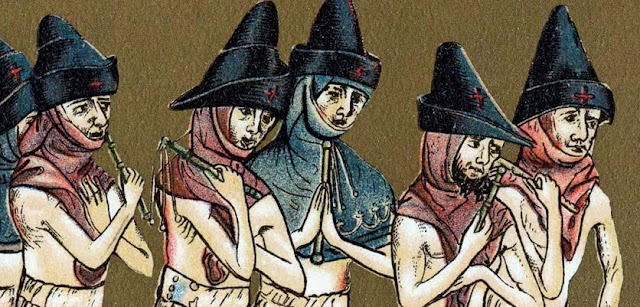Your Only Comfort In Life And In Death
By Dr. R. Scott Clark - Posted at The Heidelblog:
Introduction
The Heidelberg Catechism is justly regarded as one of the finest summaries of the Christian faith ever written. First published in 1563, the catechism is used by more than a million Christians globally. The first question of the catechism is among the most beloved among the Reformed confessions and catechisms:
1. What is your only comfort in life and in death?
That I, with body and soul, both in life and in death, am not my own, but belong to my faithful Savior Jesus Christ, who with His precious blood has fully satisfied for all my sins, and redeemed me from all the power of the devil; and so preserves me, that without the will of my Father in heaven not a hair can fall from my head; indeed, that all things must work together for my salvation. Wherefore, by His Holy Spirit, He also assures me of eternal life, and makes me heartily willing and ready from now on to live for Him.This question and answer was not written in a vacuum. Medieval life, which includes the 16th century, the period in which the Reformation began, was not an easy time in which to live. There had been some major technological breakthroughs, e.g., the printing press in 1450 (forerunners of which had been fashioned in China and Korea by the 11th century) and international exploration and travel was increasing but life for most people, most of the time, was difficult and short.
It was dirty. This is the traditional picture of medieval life. Though I have seen this characterization disputed the objection to the traditional picture of medieval life seems to be based on supposition rather than upon evidence (e.g., contemporaneous records). Consider the fact that the idea that a physician should wash his hands between patients is relatively new. Dr Joseph Lister was considered a radical when, in 1867, he began washing his hands in between patients. As we navigate the spread and affects of Covid-19 we are all being reminded of how important it is to wash one’s hands. Such basic practices were more or less unknown in the medieval period. Health conditions were primitive and harsh. People (even nobility) bathed rarely. Most Europeans changed clothes only once or twice a year.



